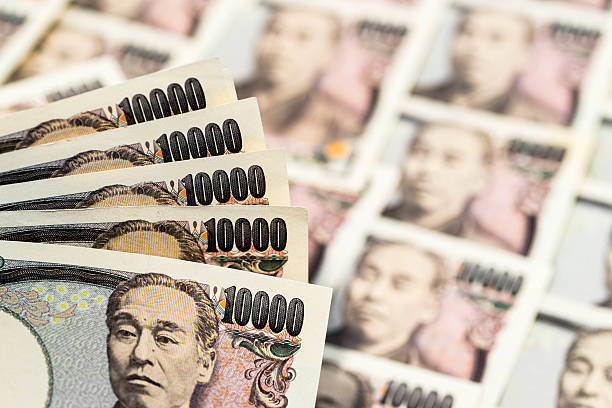Panasonic touts new EV battery tech as capacity upgrade

Japanese multinational manufacturer Panasonic Holdings Corporation plans to develop a new type of higher-capacity battery in about two years. The company said the new batteries aim to extend the driving range of electric vehicles with the new batteries.
The firm also plans to eliminate the anode in batteries during the manufacturing stage to boost energy density. Panasonic believes the initiative will likely provide more advanced capacity levels by the end of 2027.
Panasonic expects a 25% increase in battery capacity
The opening of @panasonic’s $4 billion electric vehicle battery plant in @CityofDeSotoKS later this month means 4,000 new 🇺🇸 jobs and an investment in tomorrow’s workforce and tomorrow’s economy. A fascinating discussion with @panasonic President and CEO Yuki Kusumi on the future… pic.twitter.com/0aSg6DxvVL
— ジョージ・グラス駐日米国大使 (@USAmbJapan) July 1, 2025
Panasonic acknowledged that the new products could lead to a 25% increase in battery capacity, which it expects will boost the driving range of Tesla’s Model Y vehicles. Panasonic disclosed that the improvement will reduce the driving range of Tesla’s most affordable sport-utility vehicles by roughly 90 miles (about 14 km), at the current battery pack size.
Reuters reported that one of the executives at Panasonic said the announcement came ahead of a presentation on Thursday by Shoichiro Watanabe, the technology chief at the group’s battery arm. The official also revealed that the technology is being sought after by a flurry of global battery manufacturers.
According to the report, the new battery will not have an anode at the manufacturing stage; rather, a lithium metal anode will be formed after being charged for the first time. The company said the technology will allow more active cathode materials, including nickel, aluminium, and cobalt, to increase capacity without changing the volume.
The Japanese firm added that it plans to reduce nickel production, arguing that it’s relatively more expensive. On Wednesday, Vantage Market Research projected that the global EV battery recycling market will surge at a CAGR of 40.8% from $0.57 billion in 2024 to $24.5 billion by 2035.
The research company argued that EV battery recycling enables the recovery of critical raw materials while reducing environmental impact and supply-chain dependence. The initiative also offers value to automakers and energy providers by lowering raw material volatility, reducing import reliance, and enabling greener EV production.
Vantage forecasts a rise in EV battery recycling
According to the research, the Asia Pacific region leads in EV battery recycling due to massive EV production in Japan, China, and South Korea. Lithium-ion batteries also accounted for the major share in 2024.
The research firm also estimates that EVs will reach 200 million globally by 2030, creating a huge amount of end-of-life batteries. CEO and founder Nnega Rathod Godbole said that EV battery recycling is not just an environmental compliance initiative, but it’s becoming a strong push towards sustainable mobility and energy economy.
MIT researchers also came up with a new kind of self-assembling battery material that quickly breaks apart when submerged in a simple organic liquid. According to the report, the team found a way for the material to work as the electrolyte in a functioning, solid-state battery cell and then revert to its original molecular components.
The report’s author, Yukio Cho, said the approach offers an alternative to shredding batteries since the electrolyte serving as the battery’s connecting layer helps accelerate the recycling process. He also revealed that the current battery sector has been focused on high-performing materials and designs, but has later sought to find a way to recycle without the complex structures and hard-to-recycle materials.
Your crypto news deserves attention - KEY Difference Wire puts you on 250 top sites







